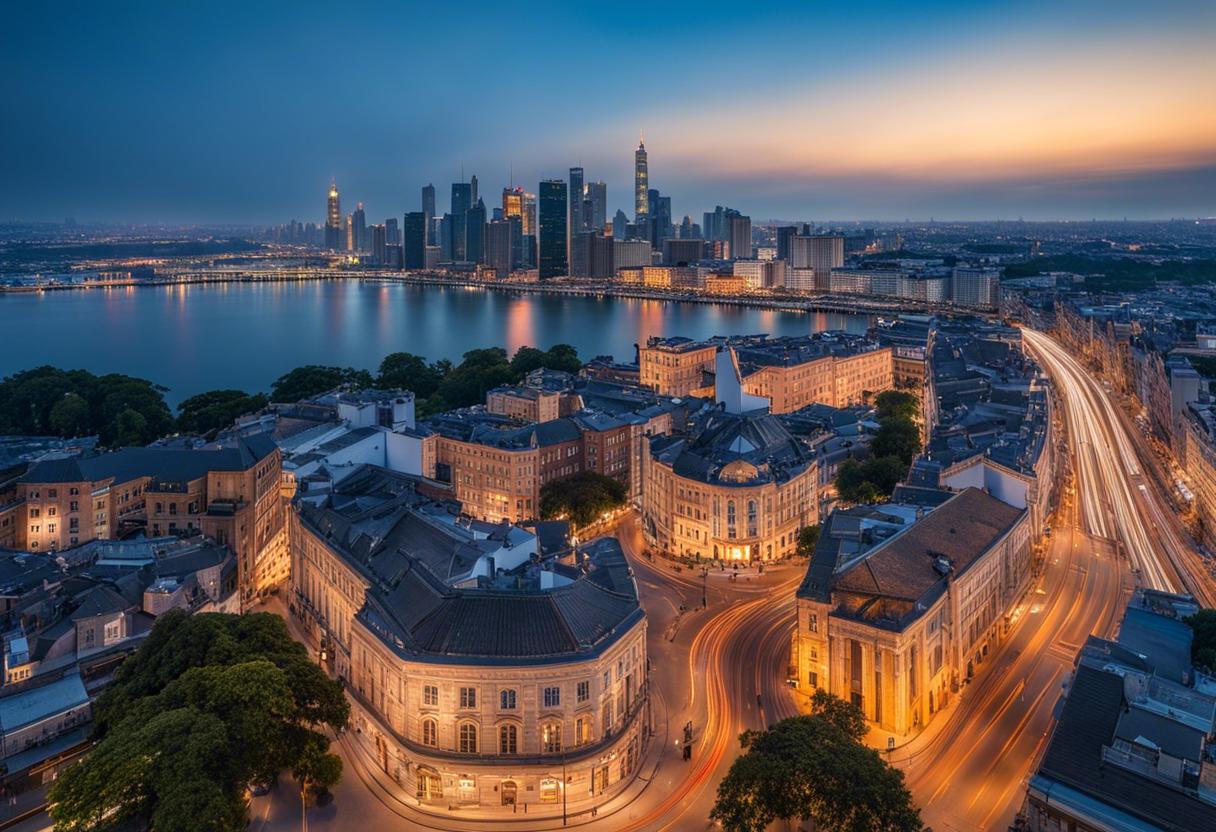The redevelopment of apartment buildings on Upper Dorset Street in the northern part of Dublin’s inner city is anticipated to be finalised by the close of 2026, as confirmed by Dublin City Council (DCC).
The construction operations should get underway soon, as existing buildings are slated for demolition to make way for 163 new residential units. Current knowledge suggests that there are two individuals still residing in the complex, who are on the verge of accommodating replacement lodgings offered by the municipality.
The initiative is financially backed by the Department of Housing, which has provisionally secured over €80 million, a figure quoted by DCC. The council also indicated that the new development will encompass a multifunctional space for a creche, a commercial entity and a café.
A DCC spokeswoman confirmed the awareness of the council about the present occupants, and affirmed that alternative residences have been identified. “We aim to begin the work on the site soon and plan for the finalised homes to be ready by the fourth quarter of 2026,” she said.
Existing residents of the Dorset Street apartments have been relocated to facilitate the progression of the scheme. In addition, the antiquated fire station on the premises, which currently accommodates a boxing club, will be spared from destruction, according to the council’s statement.
A local independent councillor, Nial Ring, mentioned that the apartment complexes, originally established in the 1960s, had been on the table for overhaul for “at least” a decade.
Nial Ring also added, “After a site is evacuated, troublemakers tend to gather in the stairwells. On the other hand, the remaining residents must carry on with their usual routines. There are no neighbours left, and the olden days of friendly balcony chats have now vanished.”
Séamus McGrattan, a councillor from Sinn Féin, expressed his dissatisfaction over the amount of time the process took and the recurring problem of misbehaviour at the site, a point regularly discussed in joint policing committee meetings. “Given the site’s enclosed nature and multiple access points, it’s challenging to enforce measures,” McGrattan pointed out.
We’re all keen to speed up proceedings due to considerable antisocial conduct and illicit drug activities happening in the area, as we strive to relocate the remaining residents and knock down the semi-abandoned building. Since the building has become somewhat dilapidated, it doesn’t have the usual commotion of a flat complex, leading to different groups taking over. It is a rather unpleasant situation for the residents left behind, to reside in such close proximity to this.
With regards to construction, builders, architects and developers are obliged to integrate carbon reduction strategies into their plans.
Last year, Dublin City Council’s principal architect, Ali Grehan, informed councillors that justifying the demolition of subpar flat complexes for rejuvenation will be “increasingly challenging” under the new European Union energy guidelines.
According to Ms Grehan, the newly reinforced EU Energy Performance of Buildings directives, which focuses on ‘whole life carbon’, will render it problematic to demolish and reconstruct existing residences while also staying within the carbon emission limits.

